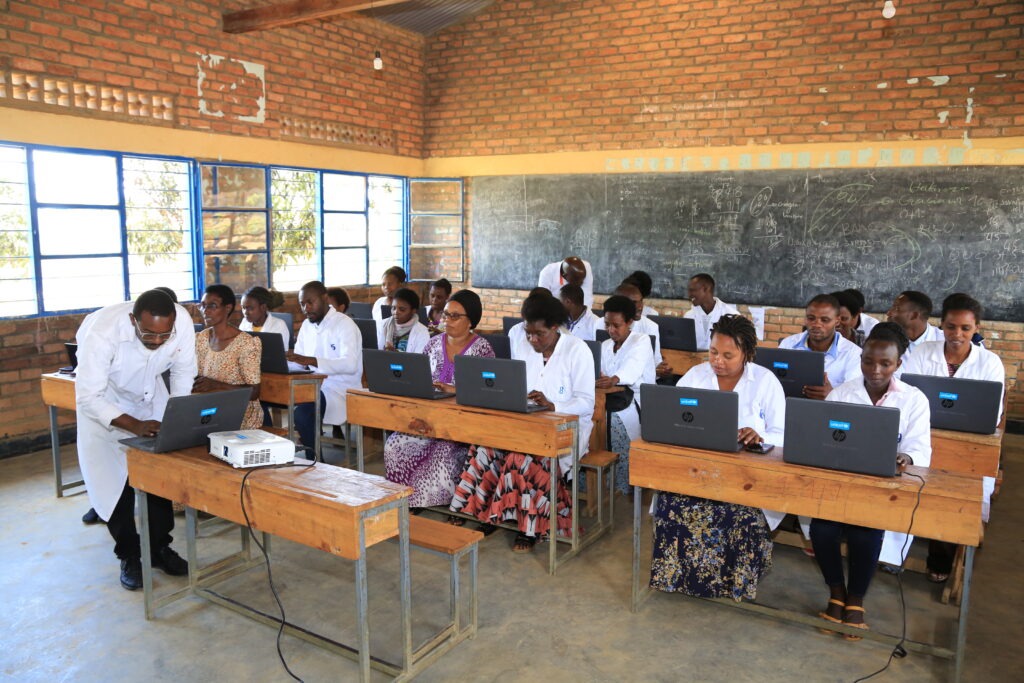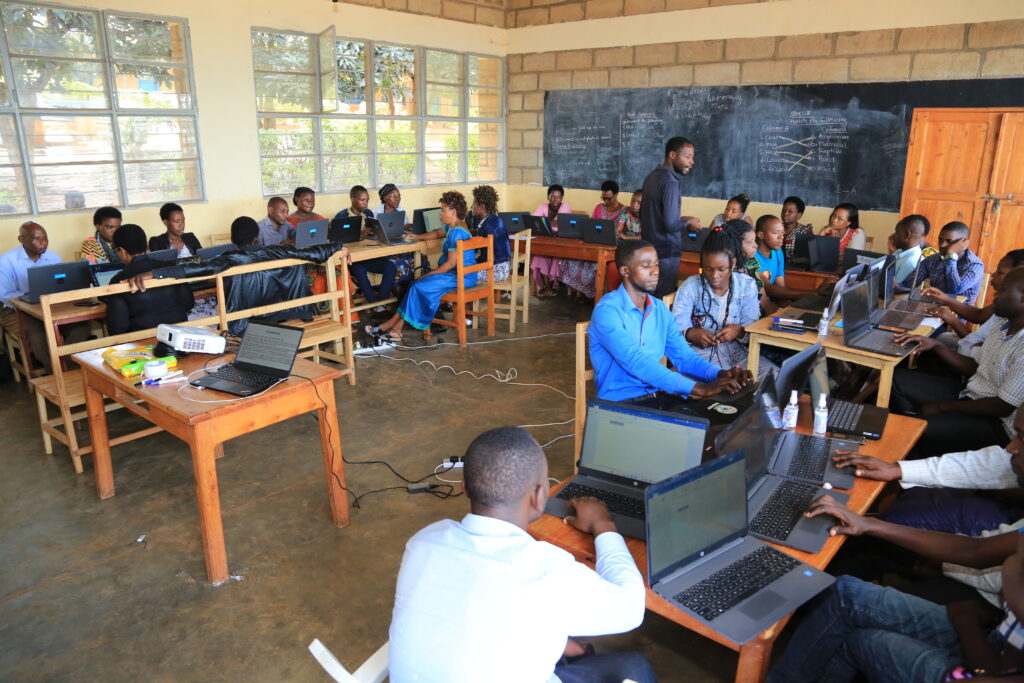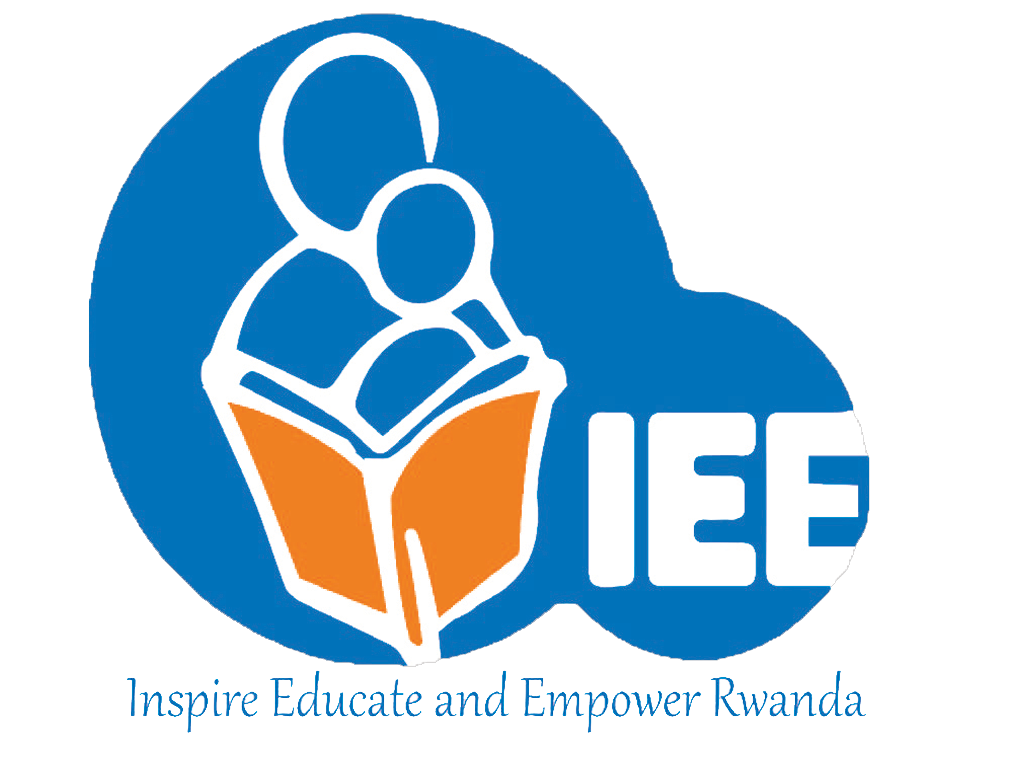“From the content we are being trained on, I can guarantee that classes will change drastically. We used to spend a lot of energy in classes explaining concepts and content to students, but with the use of technology to support the ever-changing system and society where students are exposed to a mass of information, we will, as teachers, have the capacity to assist students to make positive use of the information they have acquired and protect them from harms of technology,” says Adeline Jovithe Niyonkuru, a teacher from Groupe Scolaire Nyiragiseke from Bugesera district.
Suffice it to say, to resist technology is like standing against a wave. The digital age has impacted every aspect of our lives – and education has not been left behind.
That is why the Rwandan Ministry of Education (MINEDUC) is making efforts to connect schools to the internet, distribute laptops to teachers and train them to utilize technology in delivering the basic education competence curriculum.
The UNICEF Global and Innovation Gateway (GIGA) initiative is complementing MINEDUC efforts in supporting utilization of technology for teaching and learning. Through GIGA, schools are being connected to the internet, teachers receiving laptops and being trained to use technology in teaching.
Rwanda Basic Education Board (REB) in collaboration with UNICEF Rwanda, through Inspire, Educate and Empower Rwanda (IEE) has developed a digital literacy user guide for teachers together with a facilitator’s guide to support digital literacy skill development for teachers from 63 schools in which GIGA is being piloted.
Teachers from Bugesera and Gatsibo districts have been trained on broad areas of basics of technology including gadget management, and basic troubleshooting; content creation including usage of word processing, spreadsheet software programmes such as excel and presentation; digital communication including navigating the internet, email etiquette and file sharing; and internet safety and security, safeguarding against cybercrime and child safety. Adeline Jovithe Niyonkuru, a teacher from Groupe Scolaire Nyiragiseke, and Nsabimana Elysée a teacher at Ecole Primaire Kigusa, both from Bugesera district were among the teachers who attended the training, and they describe the training as eye-opening, introducing them to understanding of how to use technology in teaching.

The basic education competence-based curriculum advocates for learner-centred, interactive, innovative approaches to facilitating teaching and learning, and use of technology is one of the major strategies advocated for. Teacher support of digital literacy skills is therefore aimed at equipping them with skills to utilize available content on the REB E-Learning platform and the World Wide Web, equipping them with research skills to complement curriculum content and existing strategies including the use of play-based pedagogical approaches, in comprehensive ways to support teaching and learning.

“We need to be capacitated about the use of technology in teaching and learning. The world is changing from analog to digital system and education should also take part in the change to fuel economic growth. When studying, we were not exposed to technology but with these trainings, we will not only be supported in incorporating technology in our teaching but also reduce the excessive energy spent and support smooth implementation of the competency-based curriculum.”- says Elysée.
Teachers across the GIGA pilot schools are receiving ongoing support from REB ICT Master Trainers and UNICEF supported Information Technology and Language Advisors (ITLAs), through hands-on support to understand how to use the laptop computers as well as using them to search for and prepare content to support teaching and learning. Through rigorous monitoring this pilot will generate evidence to support roll out of the GIGA programme to all schools, positioning Rwandan education to utilize modern teaching and learning approaches, for improved learning outcomes for the children.
UNICEF Rwanda is committed to supporting the Government of Rwanda, efforts in integration of technology in the teaching and learning process through evidence generation and identification of sustainable digital literacy skill development for teachers.
